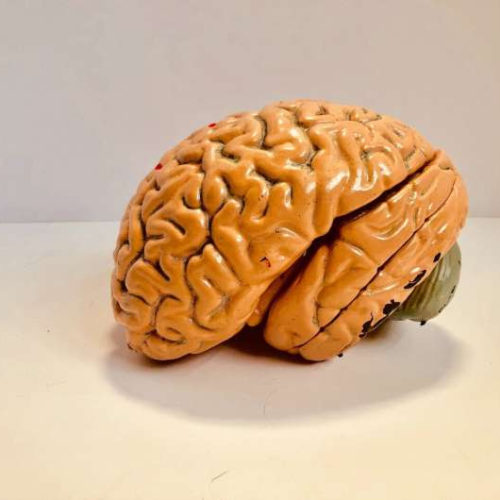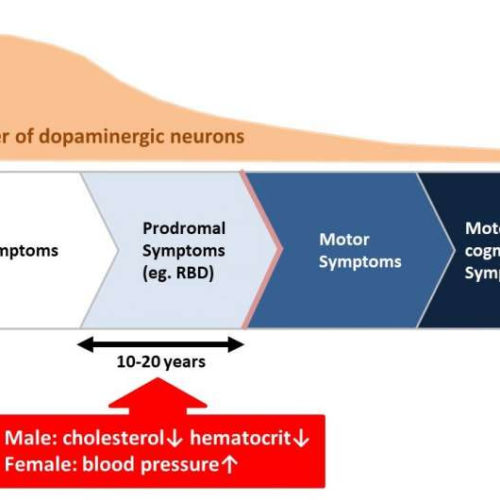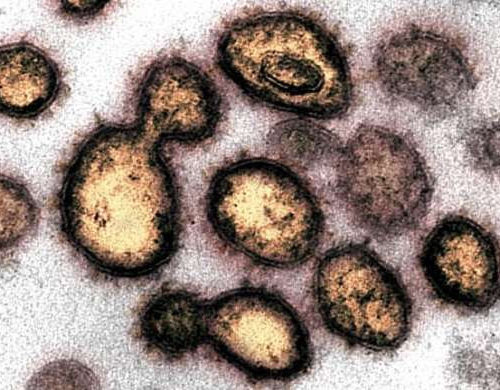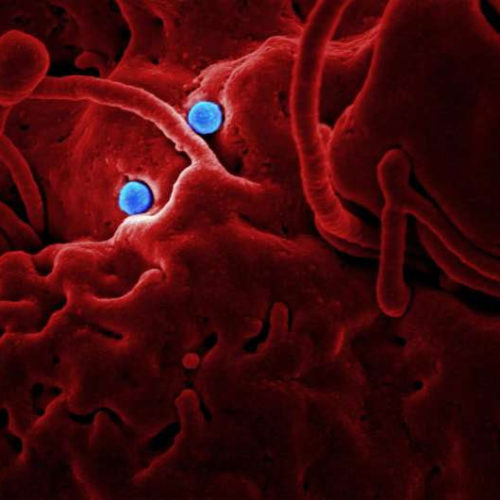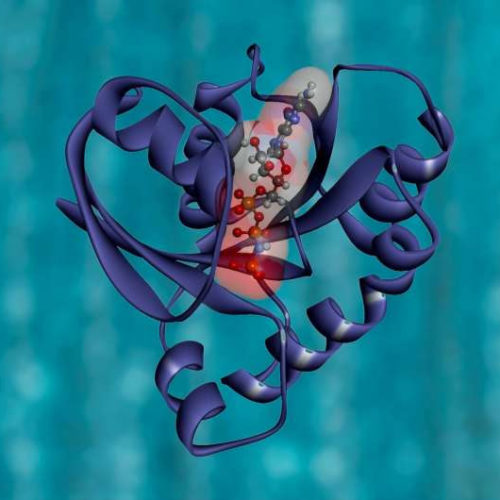by University of California, San Francisco Credit: Unsplash/CC0 Public Domain Targeted neuromodulation tailored to individual patients’ distinctive symptoms is an increasingly common way of correcting misfiring brain circuits in people with epilepsy or Parkinson’s disease. Now, scientists at UC San Francisco’s Dolby Family Center for Mood Disorders have demonstrated a novel personalized neuromodulation approach that—at least...
Treating post-infectious smell loss in COVID-19 patients
Interview conducted by Emily Henderson, B.Sc. Jan 18 2021 Thought Leaders Professor Carl Philpott Academic Surgeon University of East Anglia News-Medical catches up with Professor Carl Philpott about the latest findings regarding COVID-19 and smell loss (anosmia), and how sufferers of smell loss post-infection can be treated. We last interviewed you back in the early...
General health checkups may detect early signs of Parkinson’s disease
by Nagoya University Parkinson’s disease (PD) is a neurodegenerative disorder caused by the loss of dopaminergic neurons and characterized by motor signs including bradykinesia, rigidity, resting tremor, and reduced postural reflex. More than 50% of dopaminergic neurons in the substantia nigra are lost at the onset of motor symptoms in PD. Prodromal symptoms, such as dysautonomia,...
Likelihood of severe and ‘long’ COVID may be established very early on following infection
by Craig Brierley, University of Cambridge SARS-CoV-2 virus particles are shown emerging from the surface of cells cultured in the lab Credit: NIH Image Gallery New research provides important insights into the role played by the immune system in preventing—and in some cases increasing the severity of—COVID-19 symptoms in patients. It also finds clues to why...
Biomarkers in mother’s plasma predict a type of autism in offspring with 100% accuracy
by UC Davis Credit: Unsplash/CC0 Public Domain Using machine learning, researchers at the UC Davis MIND Institute have identified several patterns of maternal autoantibodies highly associated with the diagnosis and severity of autism. Their study, published Jan. 22 in Molecular Psychiatry, specifically focused on maternal autoantibody-related autism spectrum disorder (MAR ASD), a condition accounting for around 20% of all autism...
Newly discovered subset of brain cells fight inflammation with instructions from the gut
by Brigham and Women’s Hospital Credit: Unsplash/CC0 Public Domain Astrocytes are the most abundant type of cells within the central nervous system (CNS), but they remain poorly characterized. Researchers have long assumed that astrocytes’ primary function is to provide nutrients and support for the brain’s more closely scrutinized nerve cells; over the years, however, increasing evidence has shown...
In preclinical models, antiviral better inhibits COVID-19 than Remdesivir; further studies warranted
AMERICAN ASSOCIATION FOR THE ADVANCEMENT OF SCIENCE Working in preclinical models, researchers report that plitidepsin, a drug with limited clinical approval for the treatment of multiple myeloma, is more potent against SARS-CoV-2 than remdesivir, an antiviral that received FDA emergency use authorization for the treatment of COVID-19 in 2020. The results suggest plitidepsin should be further evaluated...
Researchers engineer antibody that acts against multiple SARS-like viruses
AMERICAN ASSOCIATION FOR THE ADVANCEMENT OF SCIENCE Researchers have engineered an antibody that neutralizes SARS-CoV-2 with a potency that “rivals” current lead SARS-CoV-2 clinical neutralizing antibodies, and that also broadly neutralizes a range of clade 1 sarbecoviruses. Their antibody, ADG-2, studied in mice, represents a “promising candidate” for the prevention and treatment of not only COVID-19,...
Drink and drug risk is lower among optimistic pupils with ‘happy’ memories, says study
by Taylor & Francis Credit: Unsplash/CC0 Public Domain Teenagers with happy childhood memories are likely to drink less, take fewer drugs and enjoy learning, according to research published in the peer-reviewed journal Addiction Research & Theory. The findings, based on data from nearly 2,000 US high school students, show a link between how pupils feel about the past, present and future and...
Protein anchors as a newly discovered key molecule in cancer spread and epilepsy
by German Cancer Research Center Certain anchor proteins inhibit a key metabolic driver that plays an important role in cancer and developmental brain disorders. Scientists from the German Cancer Research Center (DKFZ) and the University of Innsbruck, together with a Europe-wide research network, discovered this molecular mechanism, which could open up new opportunities for personalized therapies for cancer...

